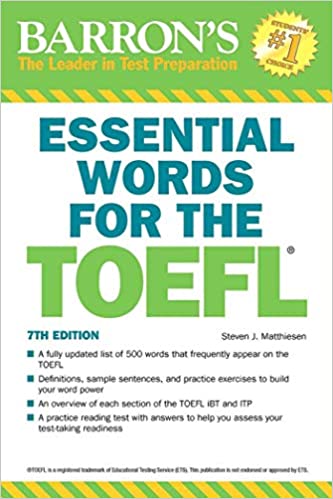Process of Elimination
Sometimes you may have to answer a question by process of elimination — that is, by finding the incorrect answers and getting rid of them, then choosing among the remaining answers. Even if you eliminate just one answer choice, you dramatically increase the probability that you will guess the correct answer. In this post we’ll look at two common types of wrong answers.
Fluff answers
Many questions contain an answer choice that simply makes no sense based on the text. These answers, which I call fluff, are the easiest to recognize and eliminate. Take, for example, this excerpt from a reading comprehension practice question about the Industrial Revolution (from page 105 of the Official Guide).
“The members of merchant’s guild at the time were all in agreement that the new trade agreements were not in their interest, but they were divided on what solution to seek, whether it was redressing the parliament, attempting to petition the royal officials, or simply coping with the new disadvantages being imposed on their business. For them, the changes to intercity trade posed so many potential difficulties that it was hard to know which solution, if any, could help.”
The word “them” in the passage refers to
- members
- new trade agreements
- royal officials
- potential difficulties
We should immediately be suspicious of the last choice because it shows up after “them” in the text. That doesn’t mean it is wrong, but it is less common for a reference to be after a pronoun than it is to be before a pronoun. And if we plug in “potential difficulties” to the passage, we have a very strange sentence: For potential difficulties, the changes to intercity trade posed so many potential difficulties…
This is a fluff answer because it can be eliminated with very little understanding of the text. If you were to guess at this point, you would have raised your probability of guessing the correct answer from 25% to 33%–not bad.
False friends
One of the nastier tricks test-writers use when coming up with answer choices is to choose answer choices that use keywords from the text to confuse you. Here’s an example from Magoosh TOEFL expert Rachel Kapelke-Dale’s mock TOEFL Reading passage, The Legacy of Edmund Wilson.
“Nevertheless, he didn’t hesitate to reward his friends with favorable reviews, either —when they were merited. Fitzgerald, for example, referred to Wilson as his “intellectual conscience.” Moreover, Wilson was intelligent, and self-‐ confident, enough to admit when he didn’t understand some of the complex, sometimes indecipherable, prose of his time. Of Modernist poet Wallace Stevens, he wrote “even when you don’t know what he is saying, you know he is saying it well.” Similarly, he reviewed James Joyce’s Finnegans Wake with an understanding of its complexity, remarking that it was “for all its excesses…a great work of literature.””
Which of the following can be inferred about Wilson’s view of James Joyce’s Finnegans Wake?
- (A) Wilson found it intellectual, but lacking a conscience.
- (B) Wilson could not understand it, and so was impressed.
- (C) Wilson found the writing to be dense but important.
- (D) Wilson believed the length of the book to be excessive.
False friends mean you should be extra careful when you see answer choices that seem to have been stated in the passage. The hurried reader might see words and phrases in the answer choices like “conscience,” “could not understand,” or “excessive,” recognize that these words are very close to wording from the passage, and choose the wrong answer.
But when we look at the passage, it says that Fitzgerald regarded Wilson as his conscience, that it was Wallace Stevens whom Wilson could not understand but was impressed by, and that the “excesses” used to describe Joyce’s work are not described as excesses in length. Ultimately, it’s answer choice C, the answer choice that least imitates the wording of the passage, that is correct. The passage says that Wilson understood the book’s “complexity,” and still characterized it as a “great work of literature,” meaning Wilson did indeed find the book to have dense structure while also seeing the book as important literature.
You’ll find yourself eliminating wrong answers often on the TOEFL. Any time you are not certain of an answer, it is an important step toward making the best decision you can.






Leave a Reply